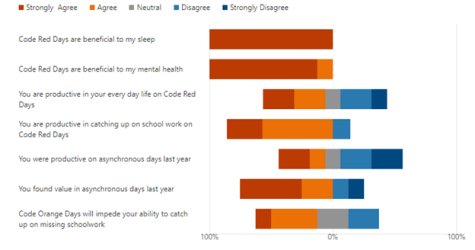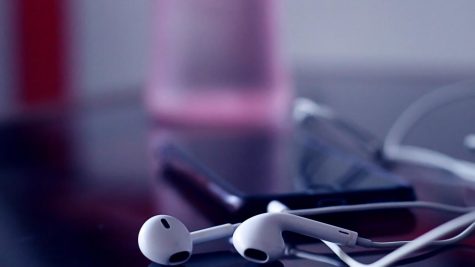New Policies, New Possibilities
November 9, 2018
This school year, BDHS has implemented new policies that drastically change students’ grades and cellphone usage. While many complain about the changes, the new policies benefit all parties involved.
Before, homework and classwork made up a significant percentage of students’ grades. As many parents and teachers understand, homework and classwork are not always accurate representations of what a student knows. Classwork is usually worked on in pairs or groups, and homework is basically a free for all. Chances are, Google has the answers to the assigned worksheet, and if that fails, then another student can just post answers to their Snapchat story.
It used to be startlingly easy to have at least a C in any class because homework and classwork counted for so much. Now, only summative assignments hold any weight. This forces students to study and actually learn the material to keep good grades.
Aside from grading, students are no longer allowed to see teachers before 7:10 a.m. It may seem like a stupid rule at first, but it does a lot of good.
Teachers have to wake up as early, if not earlier than most students. Unlike most students, however, many teachers have a long commute to work. This rule allows staff the peace of mind that they will not miss anyone stopping by as long as they make it to their classroom by 7:10. Students can also rest easy knowing that when they finally do get to drop by and see their teacher, they will most likely be there.
The extra time also gives staff the option to come early and know that they will have alone time to plan for the day. If things are hectic at home, then before the designated time they can have some much needed quiet to get things done.
Another drastic change is the strict cellphone policy, and every student at BDHS definitely has some choice words to say about this particular new rule.
No one likes to be separated from their phone for too long– especially not teenagers. However, while having students put their phones into a holder across the room might seem a little much, it helps keep distractions at bay. Students can no longer avoid paying attention by playing 8-Ball or watching Netflix sneakily under the table.
Teachers also get to have control over something that kids actually care about. If a class does especially well, or if they deserve a reward, cell phone time can be permitted.
When it gets down to it , these policies benefit everyone. The rules promote learning, which, after all, is what school is for.










